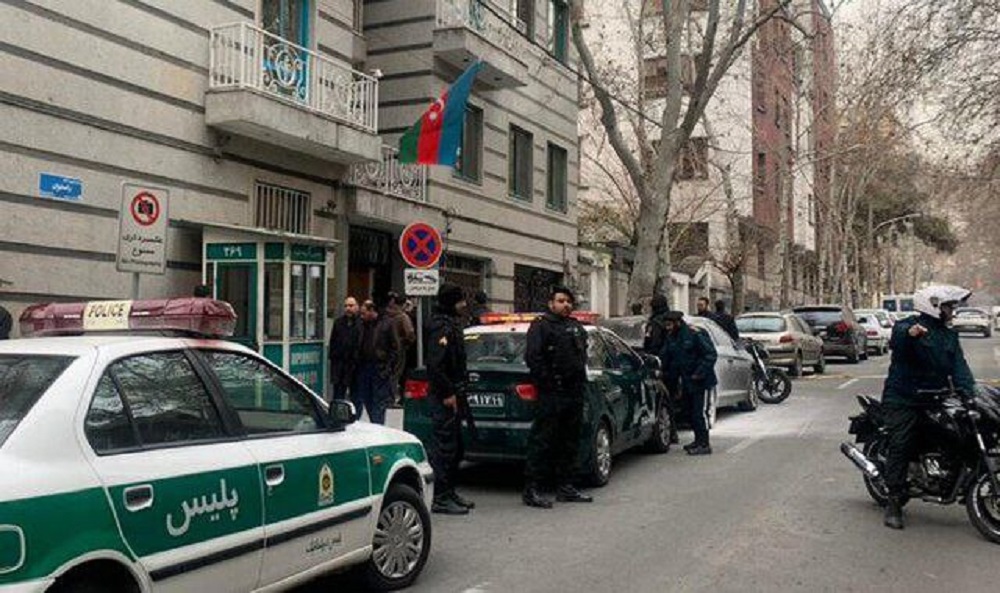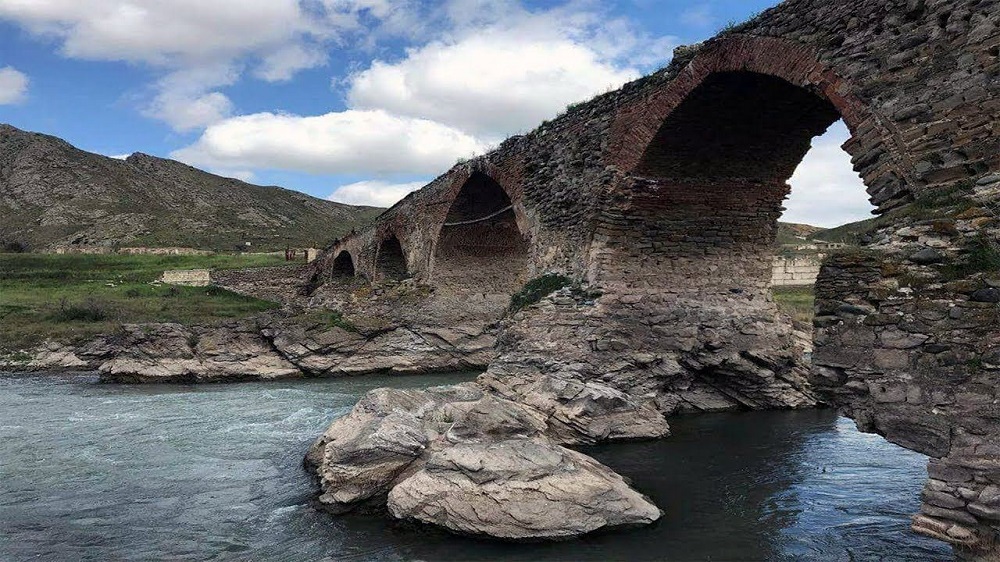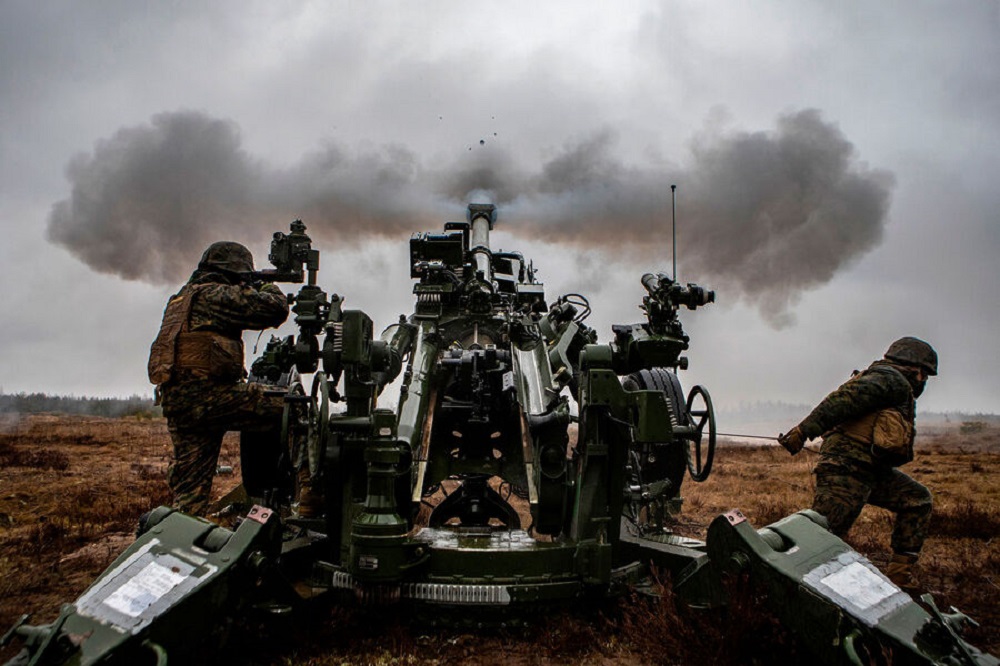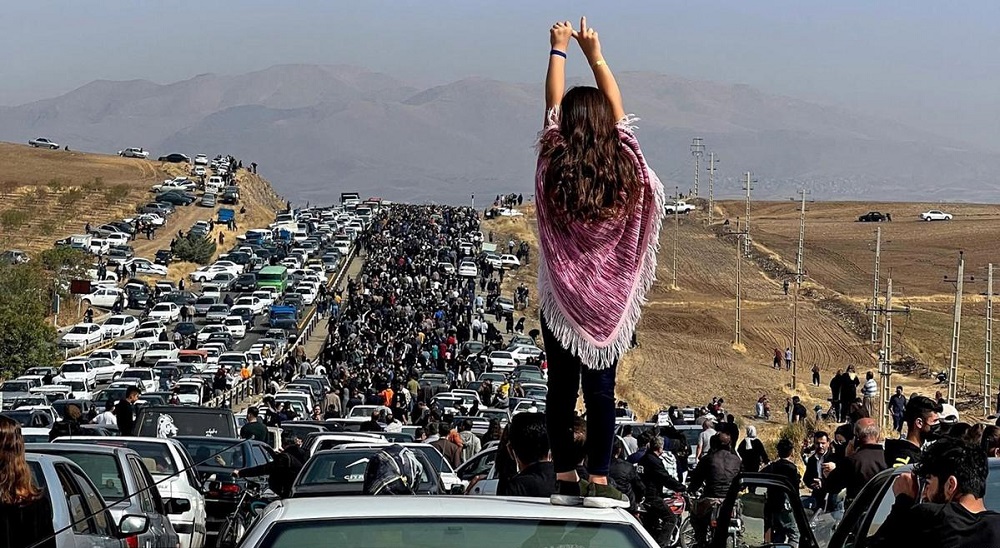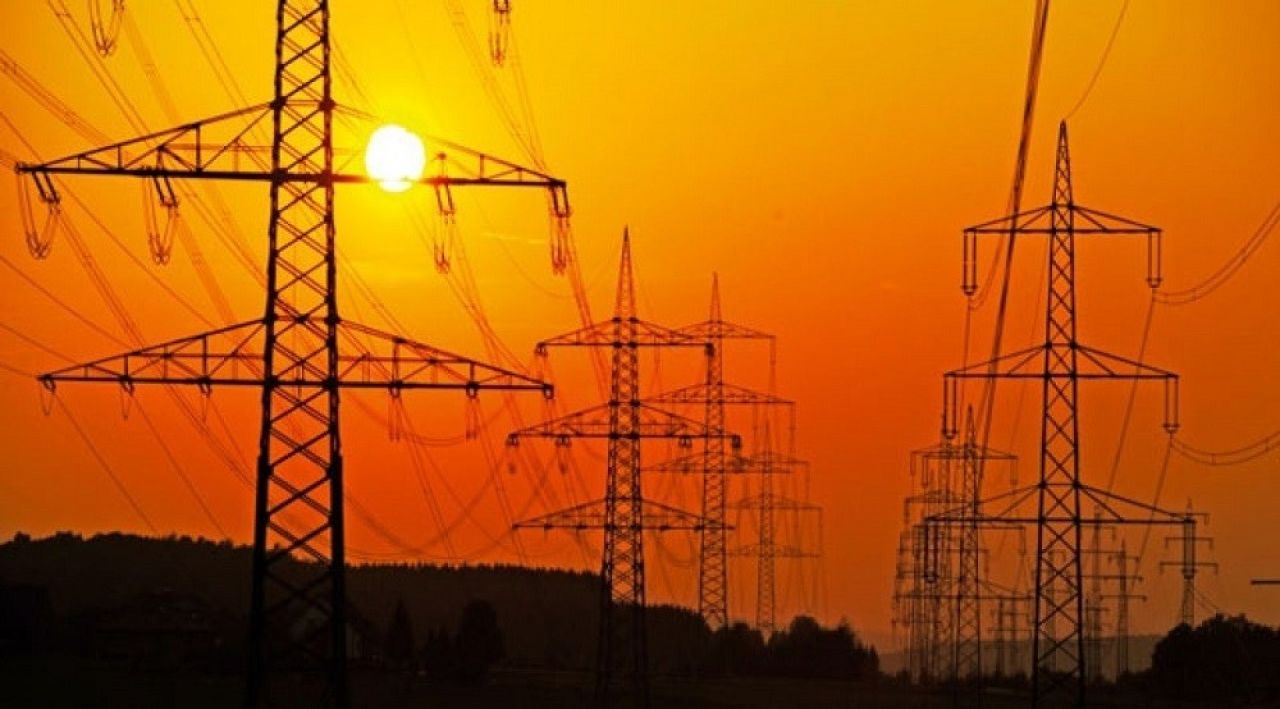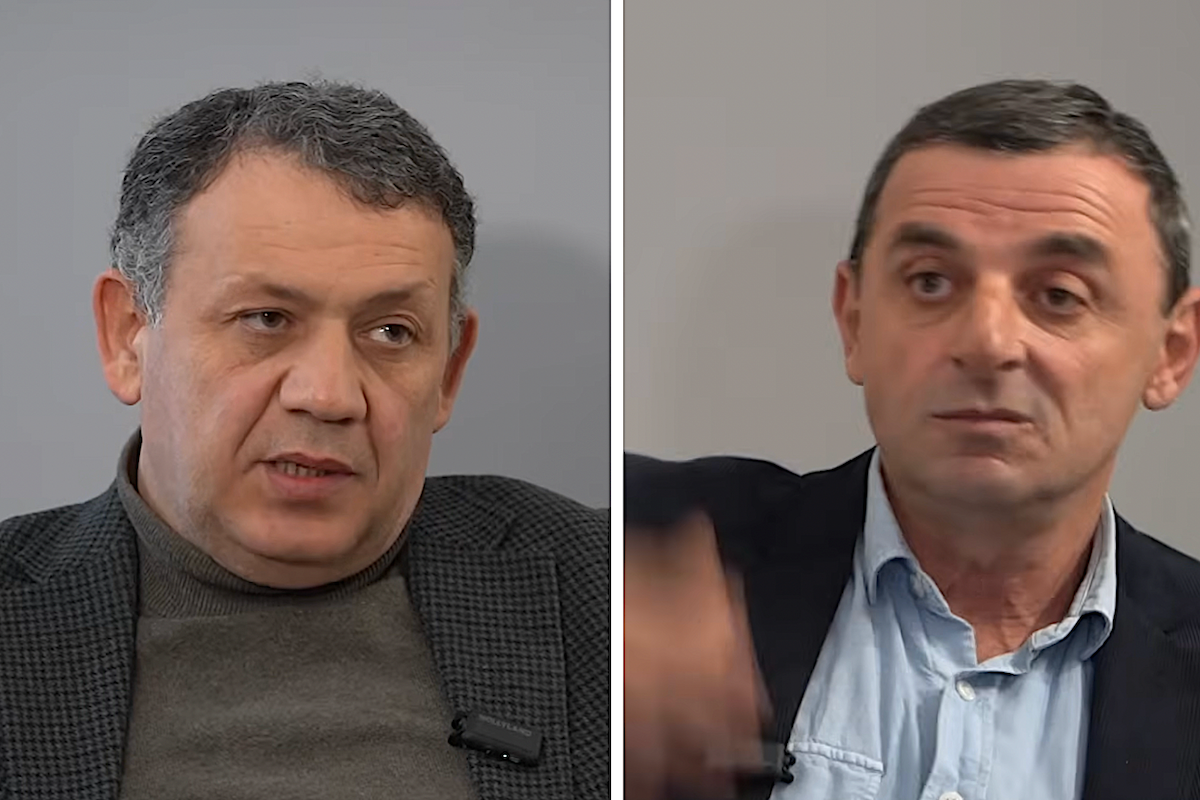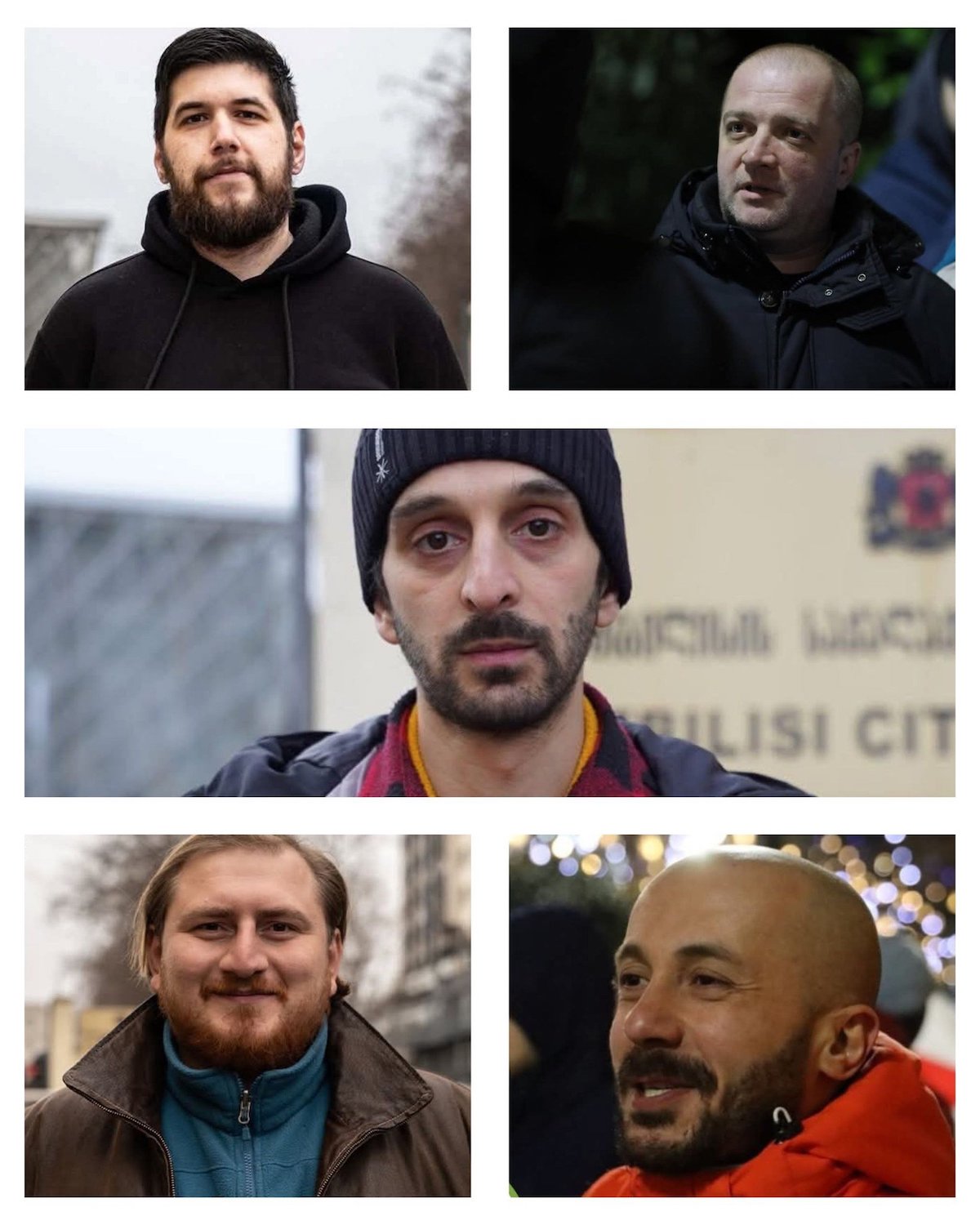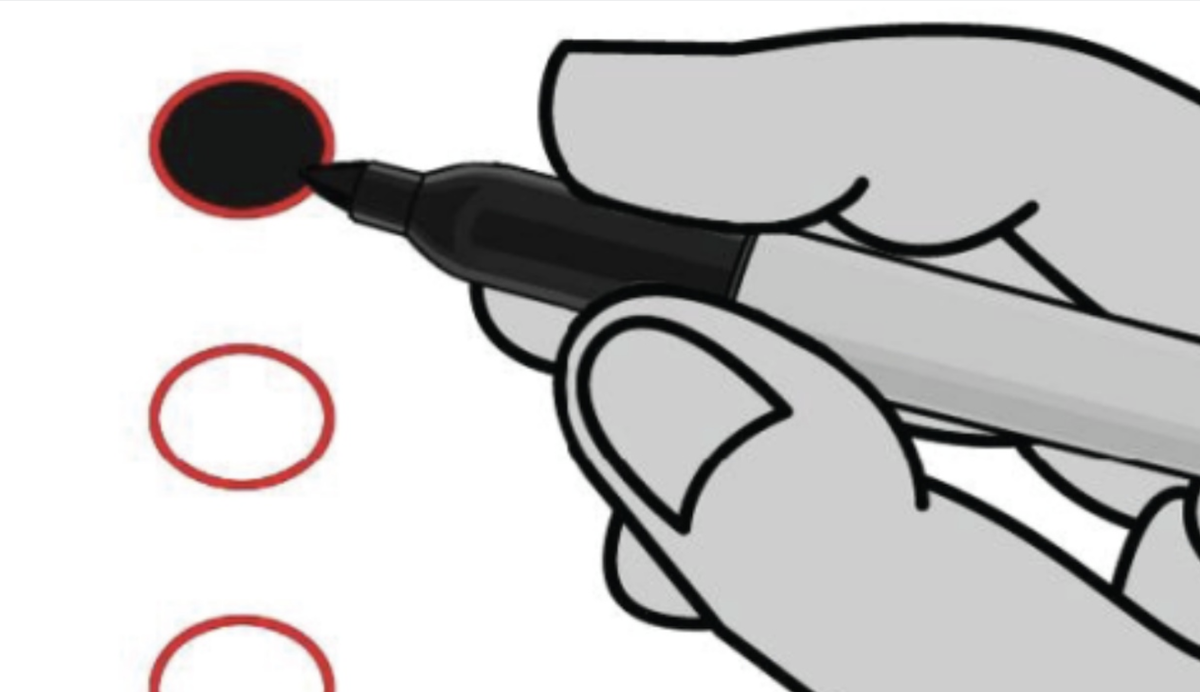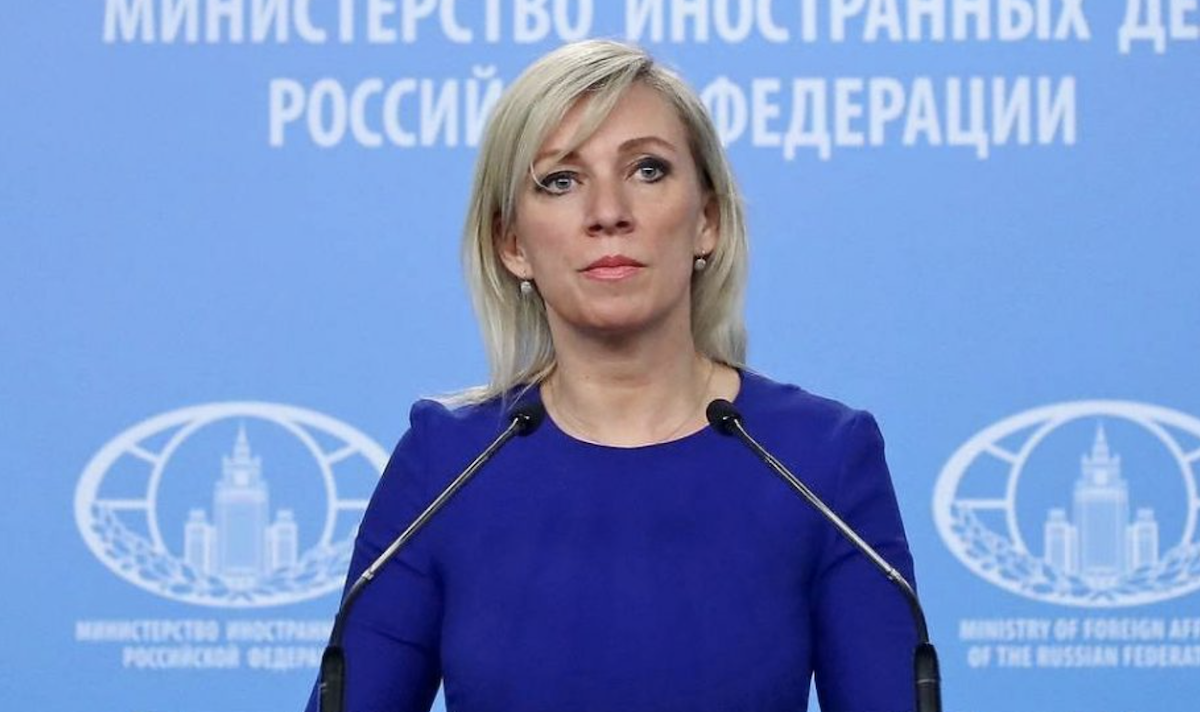Azerbaijan and Iran on the warpath?
Tension between Baku and Tehran
Tension observed lately between Baku and Tehran has been aggravated after an armed attack on the Azerbaijani embassy in Iran. The State Security Service of Azerbaijan conducted a special operation in the editorial offices of “pro-Iranian media” in Baku, and seven people were arrested. The country’s Foreign Ministry has warned citizens not to travel to Iran if possible. But it is premature to say that the nations are on the warpath, political commentator Gadzhi Namazov believes.
- Azerbaijani journalists protest Media Registry
- Egypt ready to become a mediator in resolving Armenian-Azerbaijani relations
- “My future is in America, I’m not going to return” – how Georgians who won a green card live
Azerbaijani Foreign Ministry warning
Today the Ministry of Foreign Affairs of Azerbaijan published a warning on its website in which citizens of the country are recommended not to visit Iran unnecessarily.
“On January 27, at about 8:30 am Baku time, an armed terrorist attack was carried out on the Azerbaijani embassy in Iran. Orkhan Rizvan oghlu, head of the security service of the Askerov embassy, was killed, and two people were injured.
Given the unstable situation in the Islamic Republic of Iran and the terrorist act committed against the diplomatic mission of our country, Azerbaijani citizens are advised not to visit Iran unnecessarily, and visitors are advised to be extremely careful.
Azerbaijani citizens currently in Iran are advised to follow the safety rules,” the Foreign Ministry writes.
Special operation against “Iranian media”
A special operation against an “Iranian spy network” was carried out in Baku, ARA news agency reports. The editorial offices of SalamNews news agency and InterAz TV channel were investigated, the source said.
“Seven people were arrested in Baku and other regions of the republic — A.T. Karimov, E.A. Rahimov, I.A. Alekperov, M.N. Jafarov, G.N. , F.S. Abdulov and A.A. Dzhumshudov.
These media were engaged in Iranian propaganda and to a greater extent proceeded from the interests of Iran.
Official information in connection with the operation has not yet been received,” ARA reports.
“Pro-Iranian media” in Azerbaijan. Who are they?
Azerbaijani media have published information they have about SalamNews news agency and the InterAz TV channel.
InterAz TV channel was founded in 2002, and in 2007 acquired state registration with the federal tax authorities of Russia. At first the founder of the channel, whose main office was located in Moscow, was journalist Saleh Khudiyev. In 2016 the channel was sold to Matlab Bagirov, known as “Haji Matlab”, who received religious education in the Iranian city of Qom and in Syria.
Currently the main office of the channel is located in Turkey and the channel broadcasts via the Türksat satellite. The channel’s broadcasting schedule includes television series produced by Iran, statements from Iranian officials, and religious programs promoting Iranian Shiism.
Matlab Bagirov hails from the Jalilabad region of Azerbaijan bordering Iran, and owns businesss in Iran, Russia and Azerbaijan.
Information agency SalamNews began on March 1, 2010 and is also owned by Matlab Bagirov. The Baku office of the agency is located at the same address as İnterAz TV.
According to journalists, in 2017 the agency was preparing to launch a version in Farsi, but after some time, for unknown reasons, this was abandoned. The site currently has Azerbaijani and Russian versions.
The SalamNews website publishes statements and speeches by Iranian officials and mullahs.
Analysis
Since President Ibrahim Raisi came to power in Iran relations between Baku and Tehran have not been friendly, political commentator Haji Namazov says:
“Mild tension in relations between neighboring countries has existed throughout the years of Azerbaijan’s independence, and from a historical point of view, this is no coincidence. Everyone knows that more Azerbaijanis live in Iran than in Azerbaijan itself. This factor has always stressed Tehran.
But during the second Karabakh war and after, these relations entered a more tense stage. Iran openly began to defend Armenia and declare that it will not allow changes in the borders of the region, in spite of not bothering therewith during the years of Armenian occupation.
There is a lot of talk in Azerbaijan that during the years of occupation, a well-coordinated drug trafficking route operating over the Iranian border and Karabakh outside local and international law. There are also allegations that the Iranian armed forces actively interfered with the Azerbaijani Armed Forces while advancing along the banks of the Araks River during the 44-day war. But the fact is that such reports are not published officially, and they are difficult to verify. All this weighs heavily on bilateral relations between the countries.
We can add to this the opening of an Iranian consulate in Zangezur, as if preventing the Azerbaijan from constructing its Zangezur corridor.”
Namazov believes that it will not come to war:
“Of course, it is difficult to imagine that Iran’s relations with Azerbaijan will deteriorate so much that the countries will start fighting each other. But in Azerbaijani society there is an assumption that in the fight between the West and Iran, Azerbaijan could become a staging ground for military operations.
These are all assumptions, and I hope that the Azerbaijani and Iranian authorities will have the common sense to prevent this scenario.”
Namazov also speculated about a possible wave of refugees to Azerbaijan in the event of a war in Iran:
“If the West and Israel nevertheless start military operations on the territory of Iran without the participation of Azerbaijan, it will affect us. With a high degree of probability we can say that a huge wave of refugees would flood into Azerbaijan, incomparable even with the one that our country had to endure during the first Karabakh war.”










